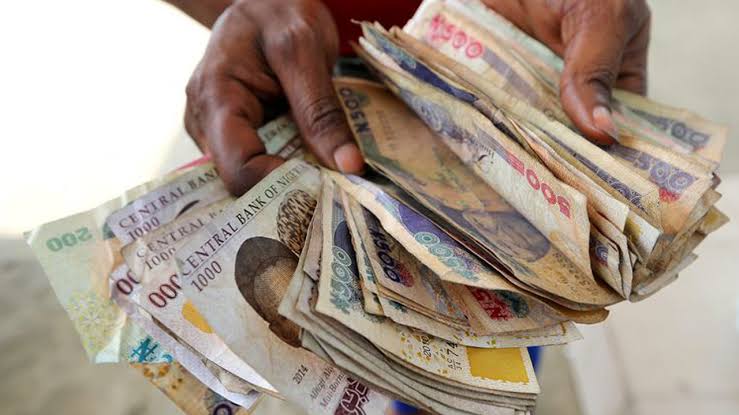The missing N100bn dirty notes
RECENTLY, a frontline non-governmental organisation, the Socio-Economic Rights and Accountability Project (SERAP), urged the Governor of the Central Bank of Nigeria (CBN), Dr. Olayemi Cardoso, “to account for and explain the whereabouts of the over N100 billion dirty and bad notes and other large sums of cash awaiting examination” and kept in various branches of the CBN.
In a letter dated June 29, 2024, and signed by its Deputy Director, Kolawole Oluwadare, SERAP pointed out that the allegations were documented in the latest annual report recently published by the Office of the Auditor-General of the Federation (OAuGF). The organisation said the allegations by the Auditor-General suggested grave violations of public trust, the provisions of the Nigerian Constitution, the CBN Act, and national and international anti-corruption obligations.
The recently published audited report by the OAuGF suggested that the CBN had, since 2017, been keeping over N100 billion dirty and bad notes, and other large sums of cash awaiting examination in various branches of the CBN. The Auditor-General apparently fears that the ‘dirty and bad notes’ initially planned to be destroyed may have been “diverted and re-injected into the economy.”
Actually, if there is one office that has been largely uncontaminated by the decidedly perverse system that Nigeria runs, it is the office of the AuGF. Time and again, regardless of the government in power, the office has issued reports detailing monumental heists in the running of governmental affairs, particularly at the Departments, Ministries and Agencies (MDAs) of the government.
Almost in all cases, the MDAs have been shown to wilfully circumvent public service rules, including financial disclosure rules. In 2019, lamenting the gross violation of statutory financial reporting obligations by MDAs and the presidency, the AuGF had said: “Most of the government corporations, companies and commissions have not submitted their audited accounts for 2016 to me. Only 51 audited financial statements for 2016, and 149 for 2015, had been submitted to my office as of December 27, 2017, despite the provision of Financial Regulation 3210(v) which enjoins these bodies to submit both audited accounts and management report to me not later than May 31 of the following year of account.
As of April 2018, 109 agencies have not submitted reports beyond 2013; 76 agencies last submitted for the 2010 financial year, while 65 agencies have never submitted any account since inception.”
In June 2023, the Senate revealed that the MDAs had misused the N3.8 trillion they received from the contingency funds in the annual budgets called Service Wide Votes in four years. Against this backdrop, there is every reason to be worried about the alleged missing dirty notes. For one thing, it is a crime to inject notes meant to be destroyed into the economy, let alone divert them.
It is certainly disturbing that almost everywhere you turn in this country, you get dirty and mutilated notes. Bank customers withdrawing money either in banking halls or at ATM points typically receive dirty notes, and sometimes, even fake notes! Often, bank customers are given extremely dirty, mutilated notes, some of which are hidden within good ones, and which can hardly be spent in the country’s markets. As a matter of fact, at the moment, it is extremely difficult to get a clean N100 note, except at parties, and they are usually obtained from currency racketeers, who provide clean notes to those who need them for a fee.
—– Editorial of The Nigerian Tribune

